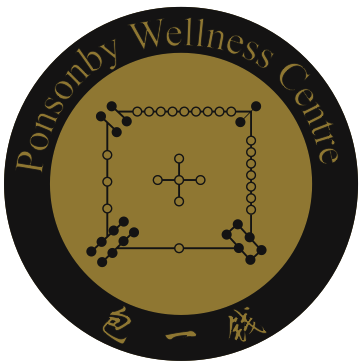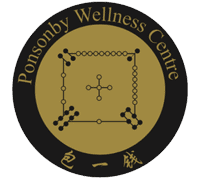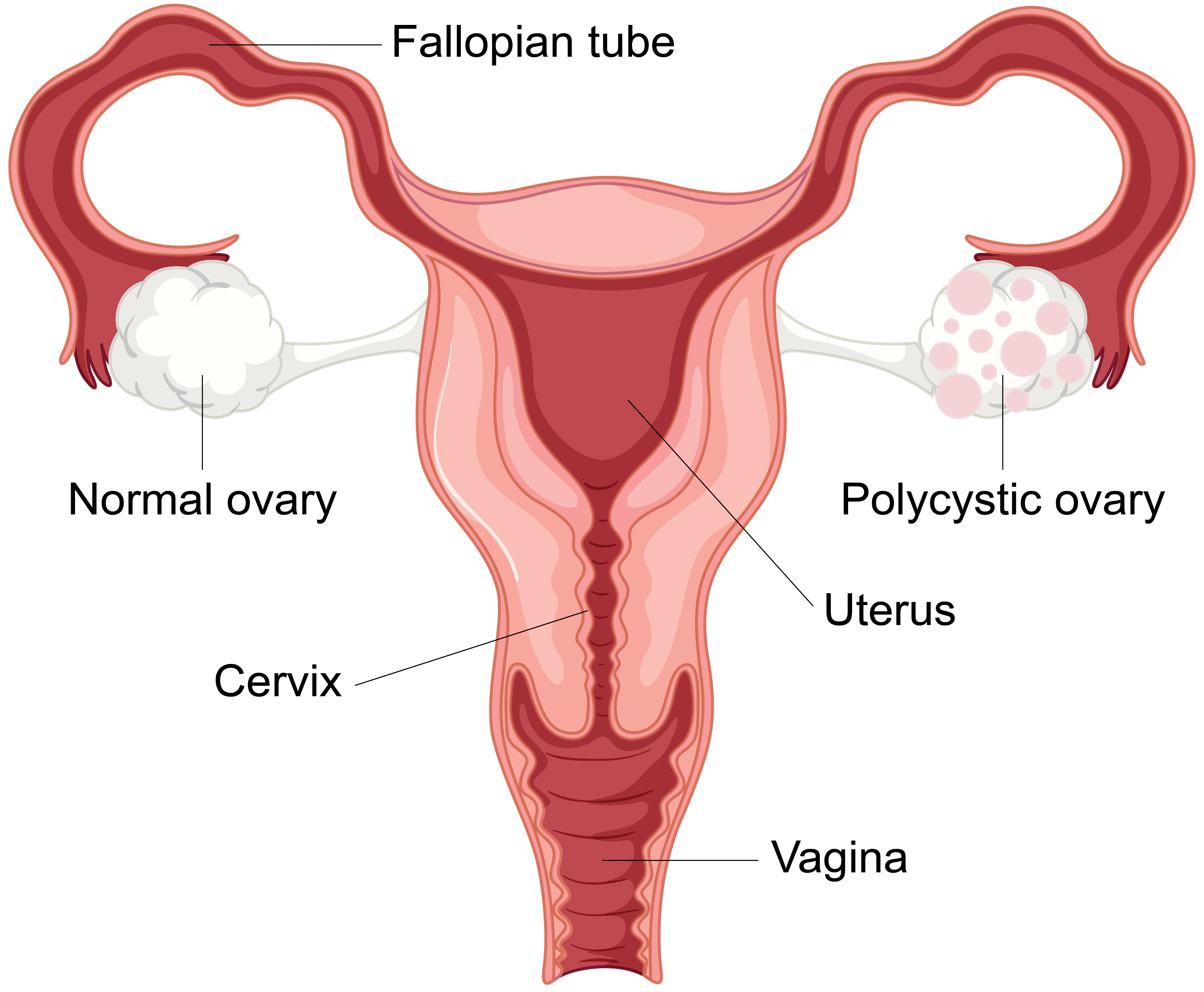What is Polycystic Ovary Syndrome?
Polycystic ovary syndrome (PCOS) is a common hormonal disorder in which the ovaries produce a rising amount of androgens, causing numerous small cyst (like bubbles filled with water) formations in the ovaries. Consequences of PCOS such as insulin resistance, type 2 diabetes, obesity, hypertension and cardiovascular diseases progresses in later life in patients. Clinically, PCOS can be diagnosed with measuring your androgen levels from a blood test. An increase in androgen levels indicate potential diagnosis. Another test include an ovary scan, called the internal transvaginal ultrasound, to observe cyst on ovaries (usually if there are more than 12 cyst in one ovary, diagnosis can be made).
One of a concerning consequence of is infertility. While this syndrome does not directly cause infertility, it can increase the risk of infertility due to its impact on the menstrual cycle, ovulation and hormonal balance. The prevalence of infertility in women with PCOS varies between 70 and 80%.
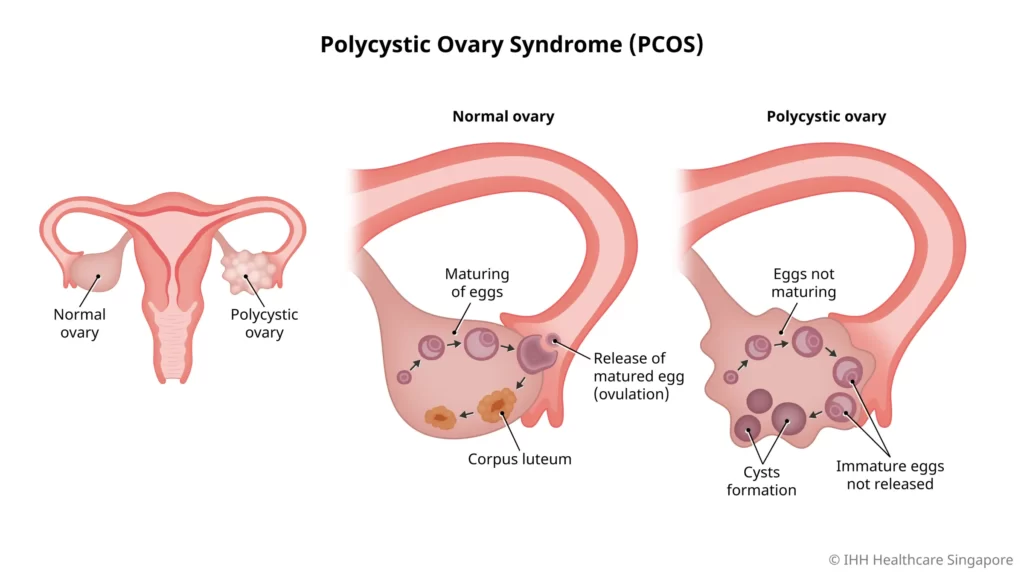
Symptoms of polycystic ovary syndrome
One of the biggest symptom is irregular periods. Women can have few menstrual periods or have irregular period that can last for many days than your usual days. For example, if your period usually last for 7 days, it can cause bleeding for more than 7 days, and those periods may occur more than 35 days apart.
Other symptoms include:
- period discharge: usually greyish-white, water discharge with strong smell.
- heavy period and cramping
- acne
- excess body hair or facial hair: due to the hormonal imbalances and excess androgens.
- weight gain
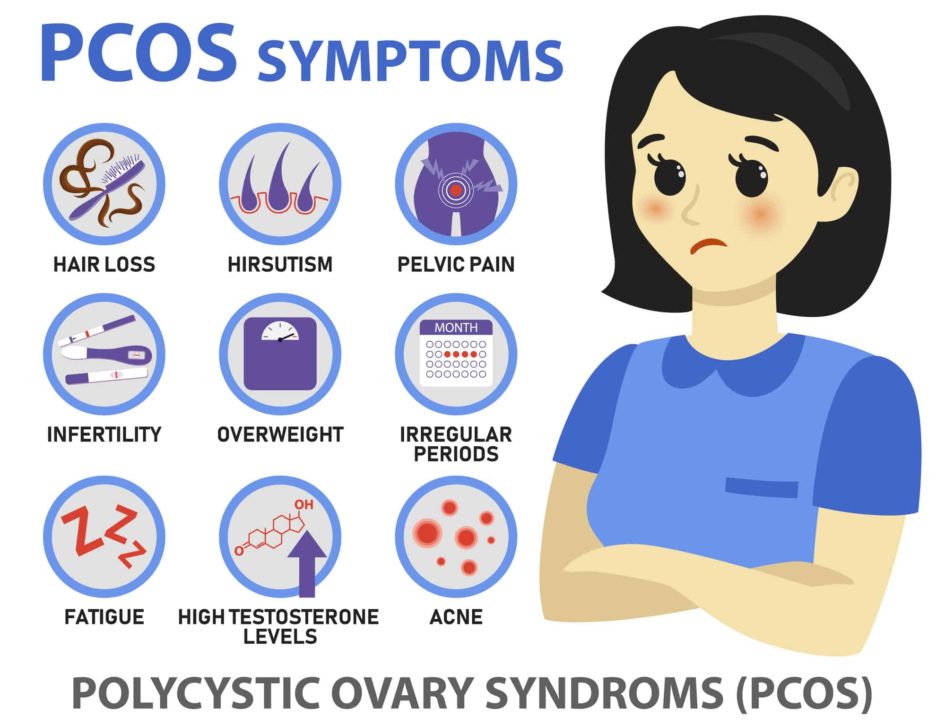
How does polycystic ovary syndrome increase the risk of infertility?
One of the common appearance is multiple, unreleased eggs accumulated on the surface of the ovary. The unreleased egg indicate that ovulation was absent and fertility could not take place even during unprotected intercourse.
As this condition can disorientate the period cycles, this means that ovulation cycle is also disrupted. Thus, making it difficult to predict ovulation date and conceive, and the chance of getting pregnant are reduced. In other cases, this syndrome can also result in anovulation, which is when a women does not ovulate at all. This lack of ovulation result in infertility as fertilisation is prevented when eggs cannot be released.
Other association are hormonal imbalances. The up regulation of androgen promote the formation of male hormones, like testosterone. Thus, increase in male hormones interfere with normal ovulation and disrupt the menstrual cycle.
It is also a risk factor for endometrial hyperplasia. This is when there is a thickening of the uterus lining where a fertilised egg is implanted. If this implantation site is affected, embryos may not be able to successfully implant and stay in the mother’s womb.
Treatment with acupuncture
Acupuncture treatment for polycystic ovary syndrome has been found to increase beta-endorphin levels in the body, this is a protein made in the brain and function to reduce the excess amount of androgen which is largely responsible for an irregular menstruation and ovulation.
Upon needle insertion into particular acupoints, the stimulated muscle sends signals to the brain respond with:
- androgen control- decreased male hormone by inducing beta-endorphin levels in the brain.
- enhance blood flow- this allow ovulation to be regulated and promoted, and reduce the number of ovarian cyst. Additionally, acupuncture can also reduce period cramps and improve fertility.
- nourish organs- this help the blood to become activates, sooth the liver and regulate Qi, which is important to address gynecological problems.
Contact Us
For more information, you can:
Read more about women health care
You can also book an appointment with our expertise acupuncturist here
Contact us via:
phone number: 021 2159963
email address: ponsonbywellness@gmail.com
Our Location
43A Brown St,
Ponsonby,
Auckland 1021
